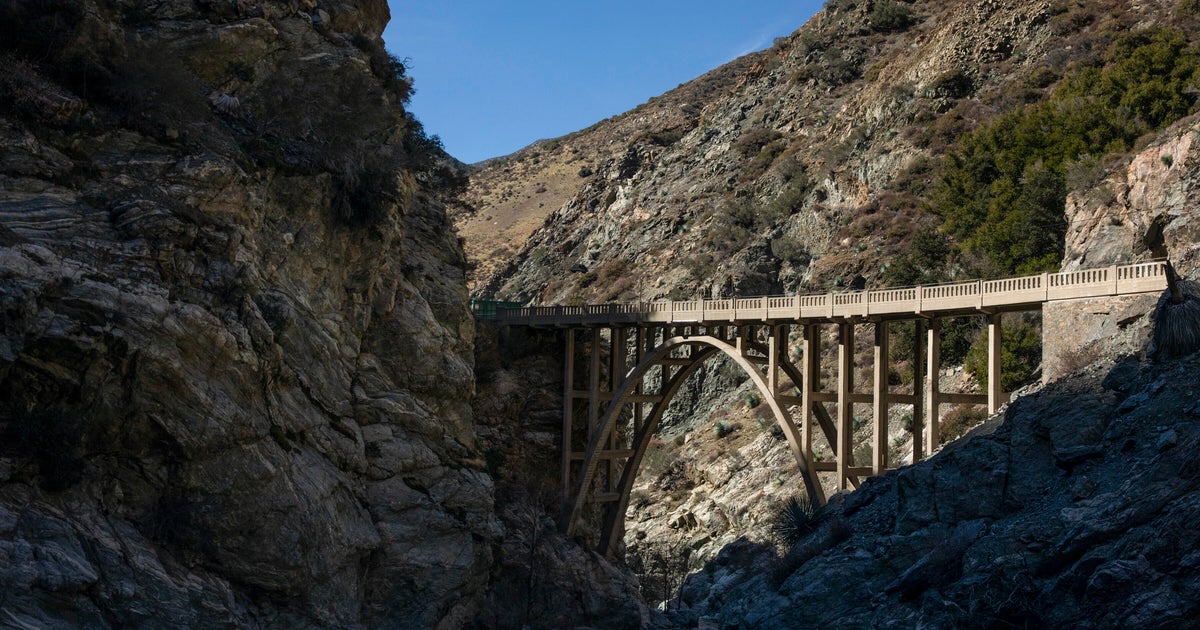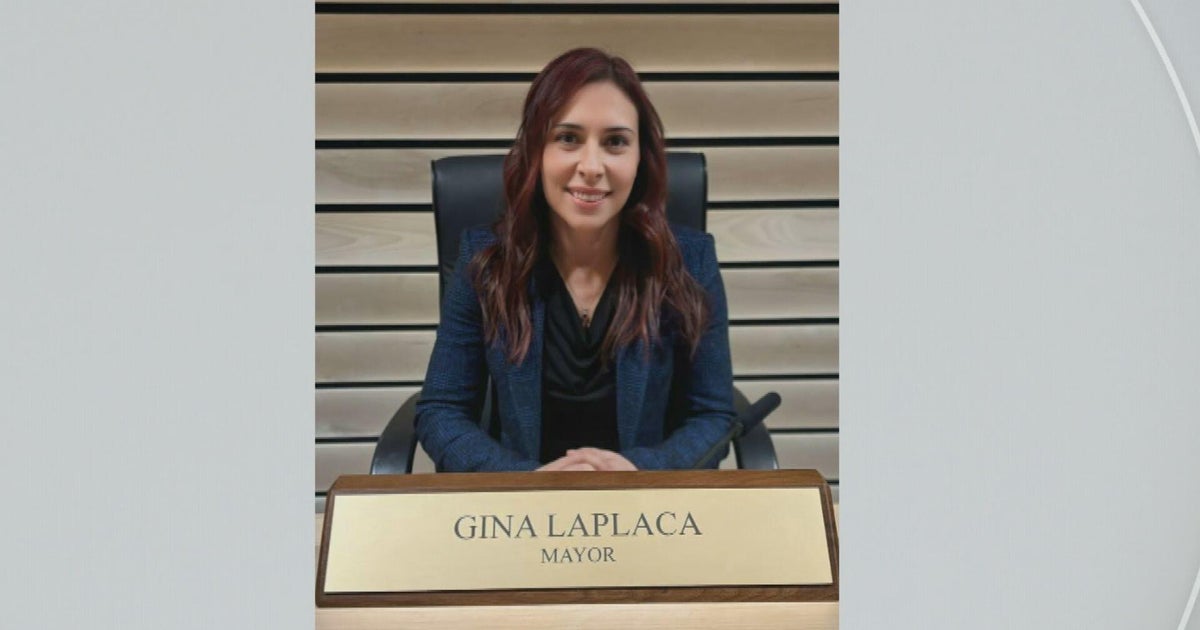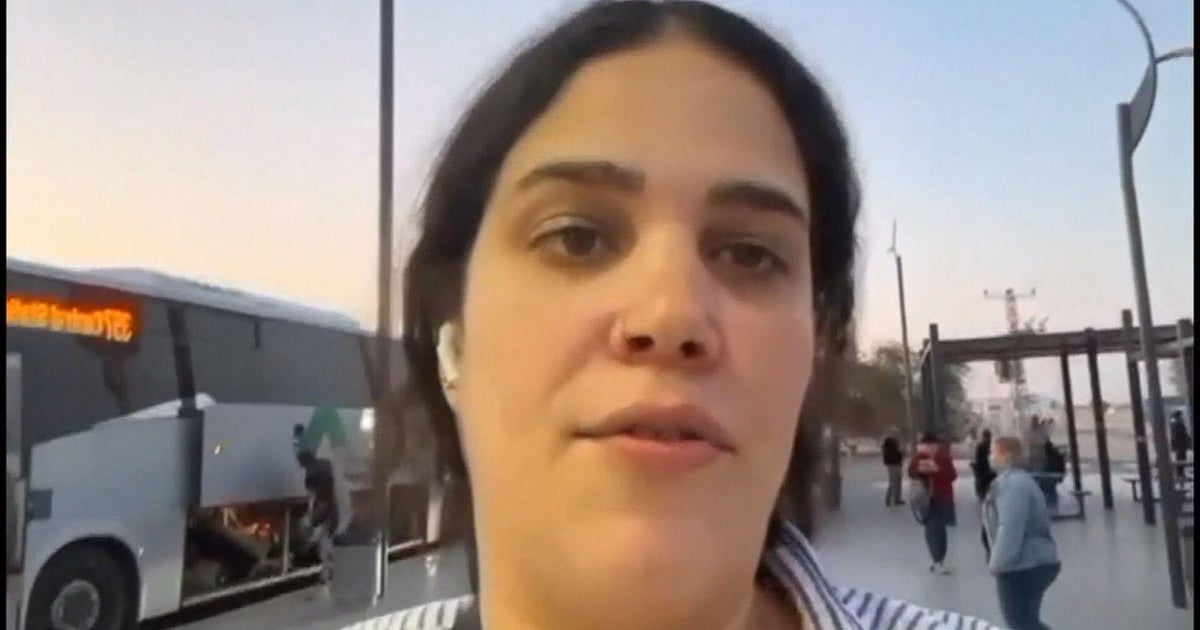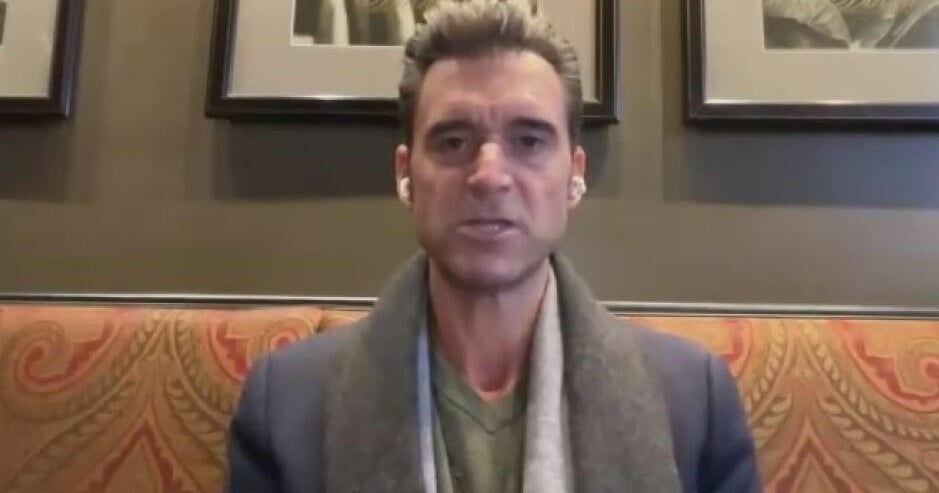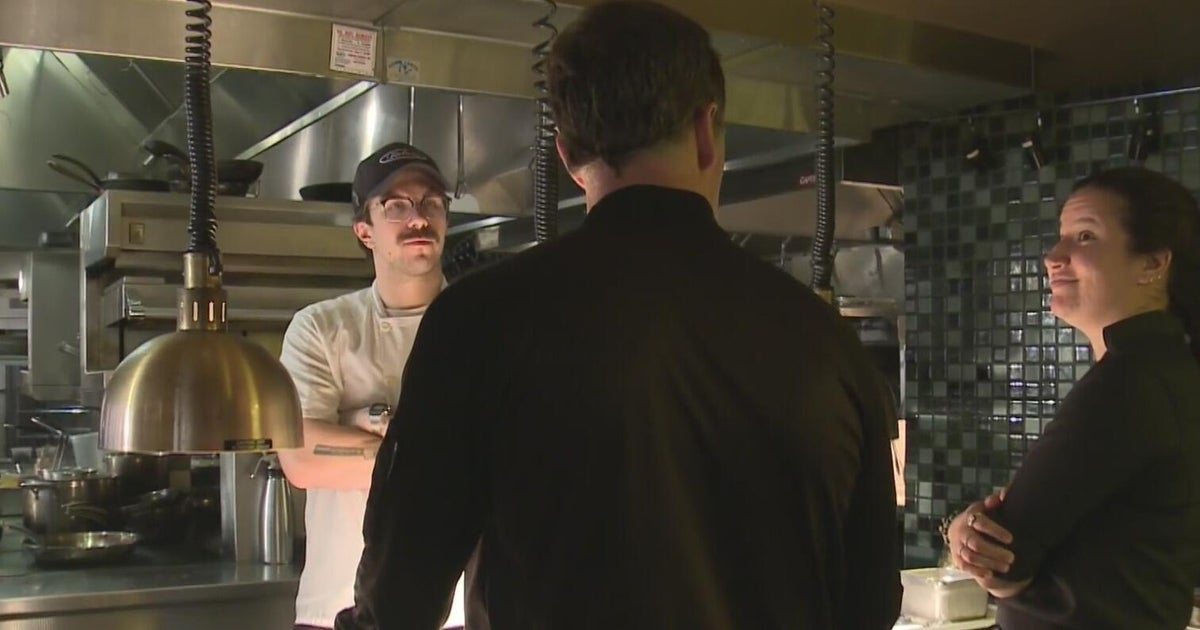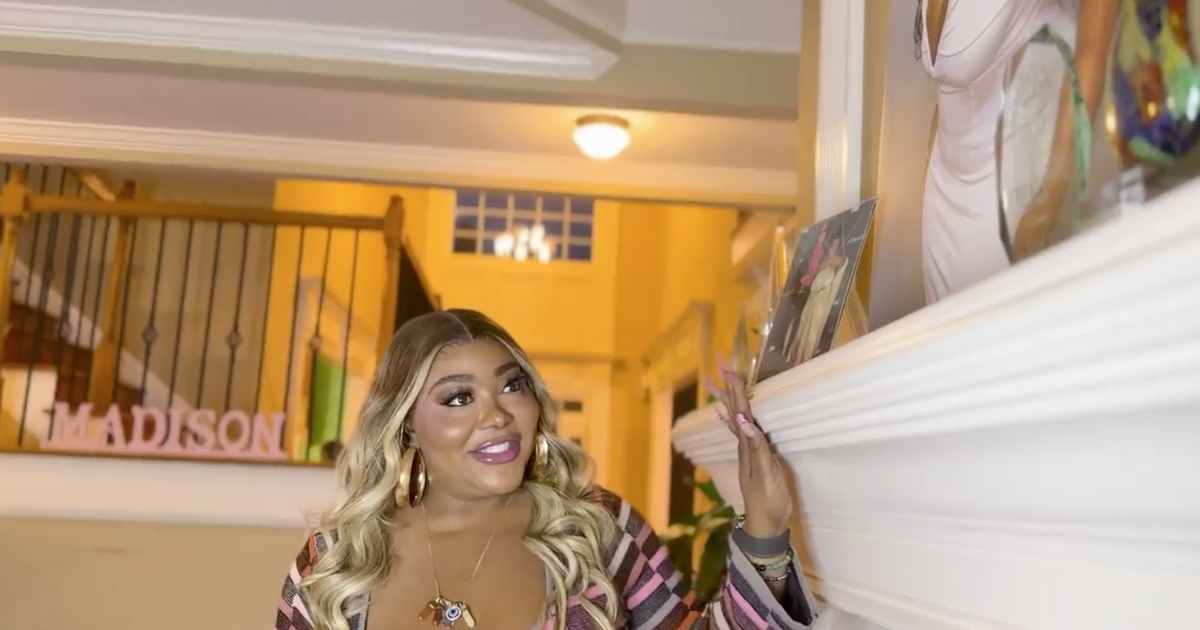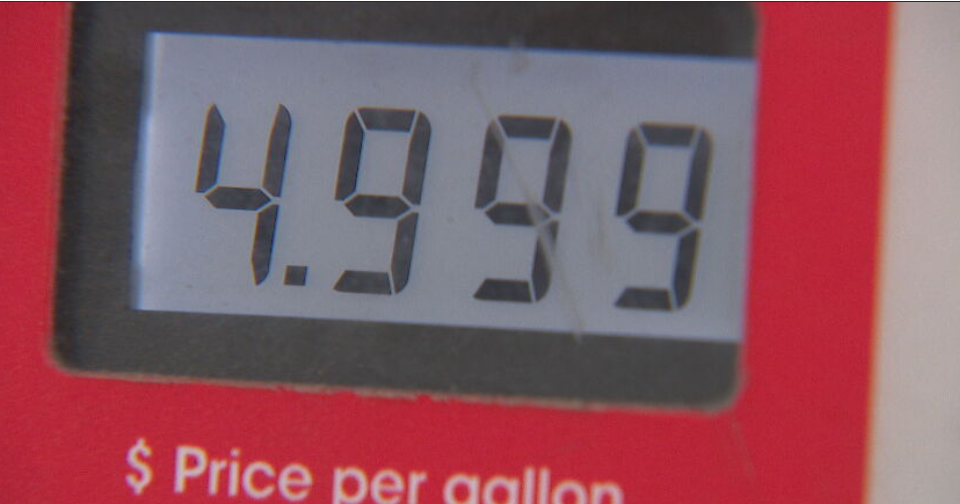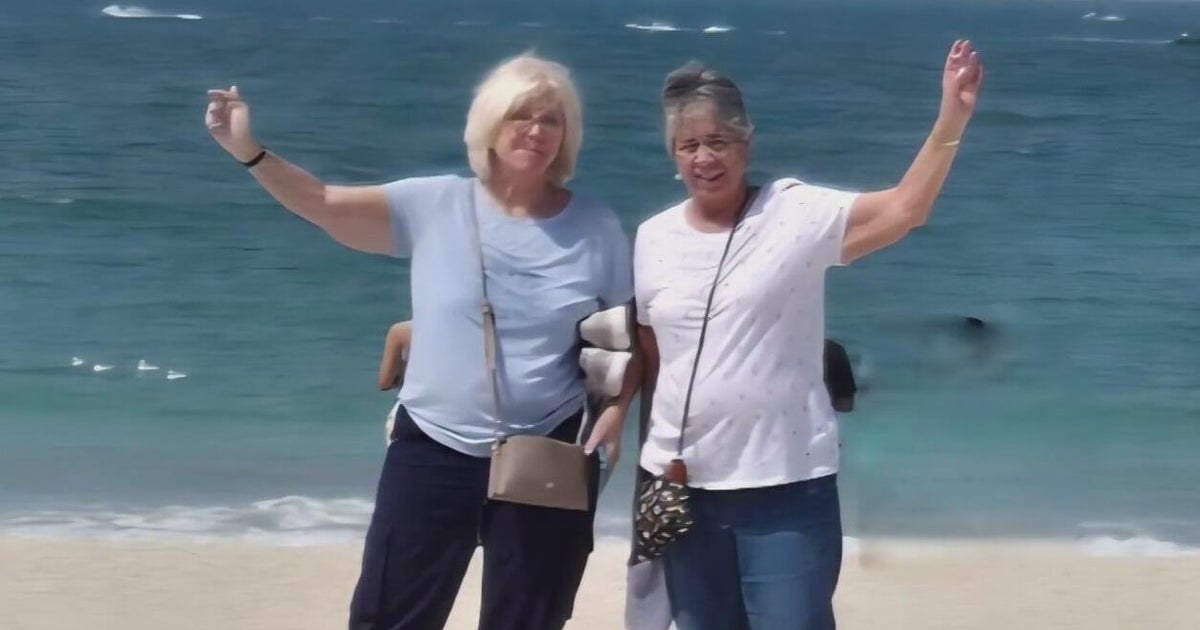Women, The Pandemic & Addiction: Recovering Alcoholic Describes Falling To The Bottom & Climbing Back Up
DENVER (CBS4) - On a quiet day at the Paradigm One, a nonprofit addiction recovery center, Jessica Haning reflected on how hard it was to escape hard drinking in the depths of the pandemic.
"I wanted to quit. I really did. But there was no help. There was no counseling places open. The shelters were full," she shared.
Haning was one of the hardest hit by the side-effects of the pandemic. In early 2020, she had a job at a motel in Idaho Springs. Then, everything slid out from under her.
"I lost my job, so we lost our house. Came to Denver, and it just happened."
She had been a casual drinker, but not often excessive. That changed when she got to Denver and could not afford housing. Life on the streets was hard. Work was nowhere to be found.
"There was nothing available for us to, even there was no day laborers. You panhandled. You got harassed. You set up a tent. They'd tear it down." The answer was to escape into alcohol. "I drank a lot more. It was just easy to get. They never closed."
She'd regularly buy 20 double shots a day of cheap vodka. Alcohol kept her warm as the year headed toward winter.
"There've been times where I would wake up on a porch or I mean sometimes I didn't even know how I got there."
"During the pandemic a lot of our houses were completely full," explained Jess Kidd, chair of the board of directors at Paradigm One. The center is connected with several sober living facilities. "You know we have the everyday person coming in here from living on the streets, all the way up someone who just had a regular job and just found themselves in a dark place."
Substance abuse rose as people tried to find refuge during the pandemic. Studies have shown for women, the frequency of alcohol abuse rose substantially.
A Rand Corporation study showed women increase heavy drinking, defined as four or more drinks within a couple hours, by more than 40%.
"There's some sort of reason or they want to step outside of themselves, outside of the life they're in or, the stresses are getting to them," said Kidd. "Females whether they have a job or they're stay at home, have been put under as much stress as maybe a male who lost a job where now they're homeschooling or there's a variety of other pressures that had to be taken on and responsibilities and drinking is always kind of been this social thing."
"I was ashamed," Haning said. "Of losing my job. You just blame yourself for a lot. Even though it wasn't our fault. The pandemic just made everything horrible."
She reconnected with a man on the streets whom she'd known before. He was addicted to drugs. They tried to make it through the days and nights. At one point, with their tent set up among many at 14th Avenue and Pearl Street, they were swept out.
"The worst part about it was coming back to your tent thinking that you have a tent to go to, and there is a whole bunch of cops and people with cameras, and they're tearing down your tent," she recalled. "They just picked it up, and threw it in the back of a truck like it was nothing to them, and it was everything to us."
In the middle of it, the two of them decided to get engaged. Then her fiancé got arrested, and she was alone. In jail, he stopped abusing and got into the Paradigm One program. Haning got tired of drinking.
"I just wanted to be free again. Wanted to be healthy and free. I missed him. I missed me."
In March, she gave it up and entered the program too.
Paradigm One has many different types of therapy to help people with drug and alcohol problems, including art therapy and even a boxing ring where not only people with addiction problems can work out tensions, but the children of those who have had issues.
"This place is awesome. We come here, and we do all kinds of therapy, recovery. You get mad? You can go in the ring, you know? You don't have to go the liquor store," Haning said.
So, she hasn't. Now more than 90 days sober she's working at Mile High Workshop and planning to do some schooling. She and her fiancé tied the knot – after falling to the bottom and climbing back up.
"And we are sober. So we know we still love each other… We want to get a house. We're going to start with that."



